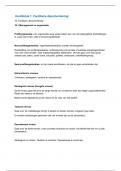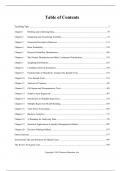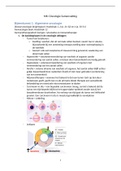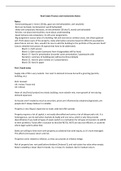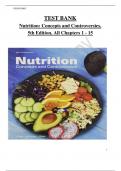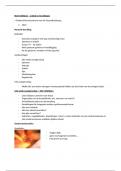Essay
Edexcel Religious Studies AS/A-Level - Unit 4 Religious Language - 4.1(b) Symbol
- Module
- Unit 4 - Religious language
- Institution
- PEARSON (PEARSON)
This essay covers unit 4.1 (b) of the Edexcel Religious Studies specification - Symbol - in unit 4 Religious Language. It is used in Section C of Paper 1 (Question 4), includes a synoptic link, and can be tailored to earlier questions of the paper. The first part of the essay explores different way...
[Show more]




